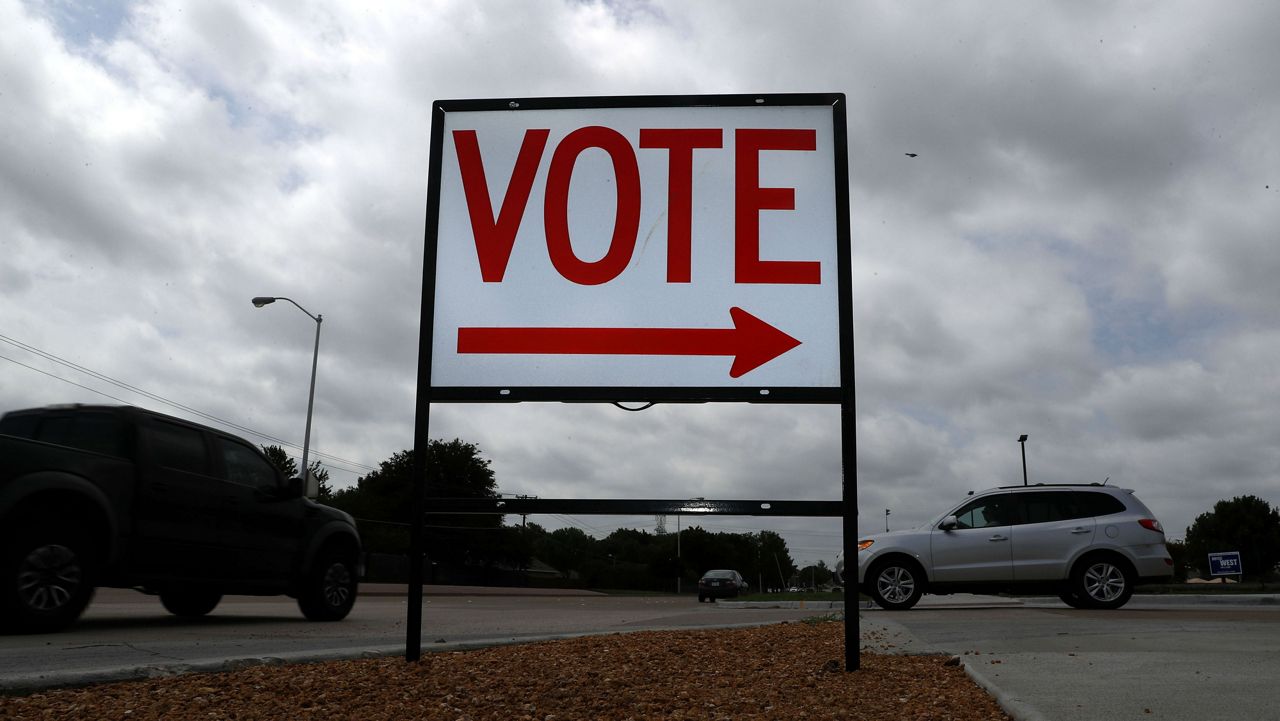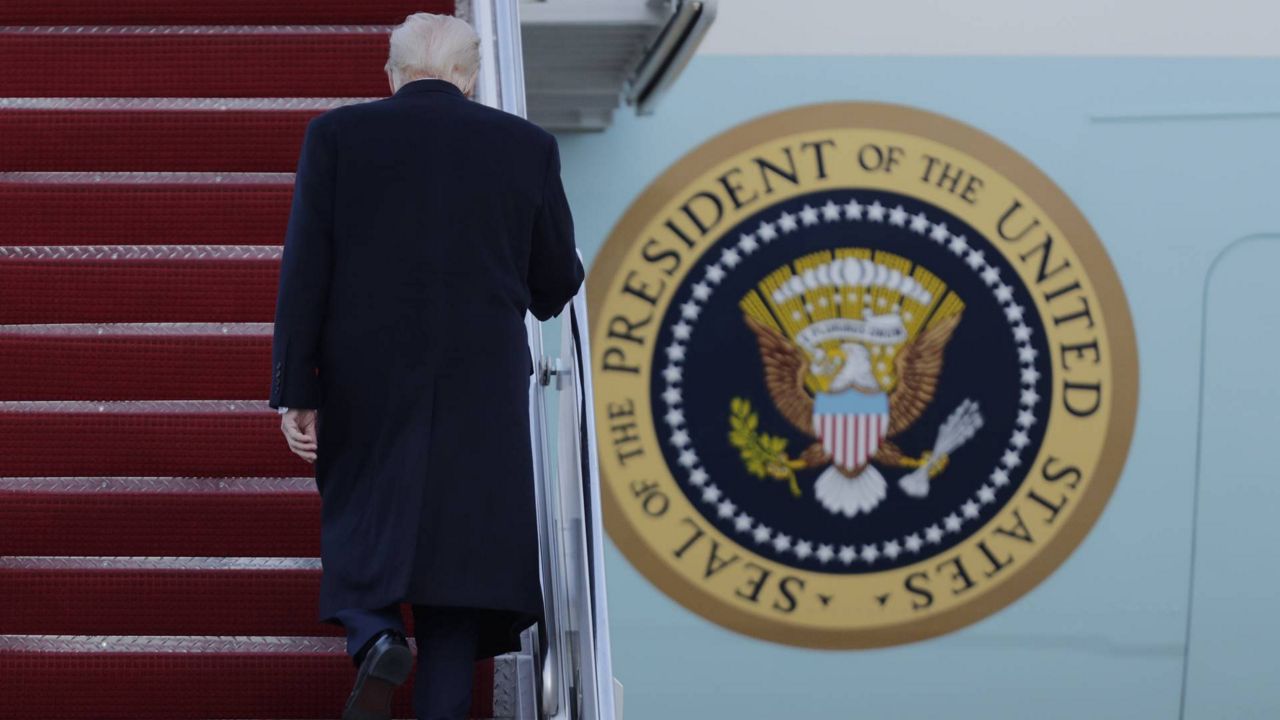NORTH CAROLINA — Across the country, Republican-led state legislatures have passed or are considering bills that would restrict voting after last year’s election. In North Carolina, three bills that could change elections have passed through the state Senate on party-line votes.
The House is now considering the bills, which could change the absentee ballot deadline, stop county elections boards from using private money and basically says the General Assembly plans to fund a way for voters to get state-issued identification. A voter ID law passed in 2018 is still blocked by the courts. One bill could also allow people to register to vote or change their registration online.
“The bill will build confidence in our election system,” Republican Sen. Warren Daniel, a sponsor on the Election Day Integrity Act, told the Associated Press recently. “Everyone saw how long it took North Carolina to declare winners in the (2020) presidential election and our U.S. Senate election. And this should help alleviate those concerns.”
Republicans in the U.S. Senate last week filibustered a federal bill that would have countered the state bills restricting voting with new federal voter protections.
Both the House and Senate in the North Carolina General Assembly are controlled by Republicans, but the GOP does not have the votes to overcome a veto by Gov. Roy Cooper, a Democrat.
“I have real concerns about the bills that came out of the Senate,” Cooper said last week during an online event sponsored by End Citizens United, a voter rights organization. “These are unnecessary.”
“All three of those Senate bills have problems that really don’t advance the cause of making it better for people to have the freedom to vote, particularly in this area of absentee ballots. That has been so crucial, not only during this pandemic but I think elections in the future,” the governor said. “We know it’s a safe, secure way for people to vote. So I don’t think we need to be putting restrictions on it."
Here’s what the three bills in the General Assembly would do:
SB326 – Election Day Integrity Act
The biggest change to voting in the Election Day Integrity Act would be to require mail-in absentee ballots to arrive at the county boards of elections by 5 p.m. on Election Day. Currently, mail-in ballots have to be postmarked by Election Day and have to arrive at county boards within three days of the election.
The bill would also require county elections boards to give the State Board of Elections reports on “number of spoiled absentee ballots, outstanding absentee ballots, counted absentee ballots, and voted provisional ballots to the State Board, and require the State Board to publish the reports on its website,” according to the legislative bill summary.
County boards and the state board would also have to publish the date mail-in absentee ballots are available and the date county boards have to receive request forms for the ballots.
SB725 – Prohibit Private Money in Elections Admin.
This bill would ban counties from getting money from donors or nonprofit grants to conduct elections or hire temporary workers to help with elections. Donations can help counties with funding shortfalls for elections.
Last year, the state and North Carolina counties together got more than $4.6 million in 2020 to help pay bonuses to election workers, send mailers and buy pens for voting booths, according to the AP.
SB724 – Expand Access to Voter ID & Voting
Senate Bill 724 would make three changes to voting law in North Carolina.
The bill would allow eligible voters to register online. Voters could also change their registration information online.
It gives visually impaired people the ability to vote online using a special portal on the State Board of Elections website.
The bill also states the intent of North Carolina’s legislature to fund a program to identify and help people who would need state identification to vote.
The North Carolina General Assembly passed a voter ID bill in 2018, but that law is blocked by the courts as lawsuits over voter ID continue.









